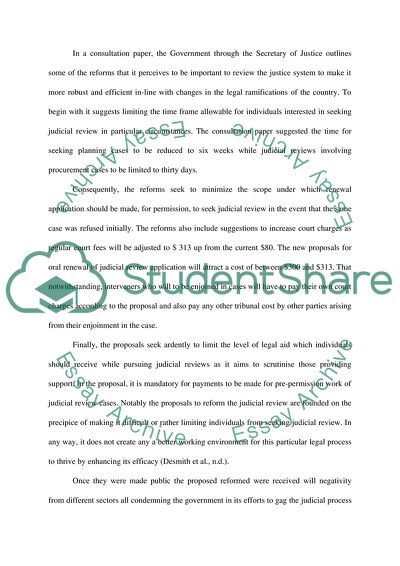Cite this document
(Are the Ministry of Justices Proposals to Reform Judicial Review an At Essay, n.d.)
Are the Ministry of Justices Proposals to Reform Judicial Review an At Essay. Retrieved from https://studentshare.org/law/1865988-contemporary-legal-research-assignment-1-of-2
Are the Ministry of Justices Proposals to Reform Judicial Review an At Essay. Retrieved from https://studentshare.org/law/1865988-contemporary-legal-research-assignment-1-of-2
(Are the Ministry of Justices Proposals to Reform Judicial Review an At Essay)
Are the Ministry of Justices Proposals to Reform Judicial Review an At Essay. https://studentshare.org/law/1865988-contemporary-legal-research-assignment-1-of-2.
Are the Ministry of Justices Proposals to Reform Judicial Review an At Essay. https://studentshare.org/law/1865988-contemporary-legal-research-assignment-1-of-2.
“Are the Ministry of Justices Proposals to Reform Judicial Review an At Essay”, n.d. https://studentshare.org/law/1865988-contemporary-legal-research-assignment-1-of-2.


